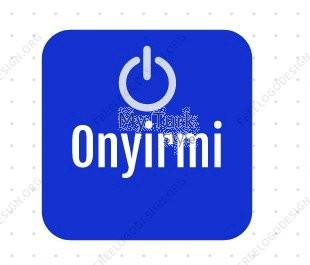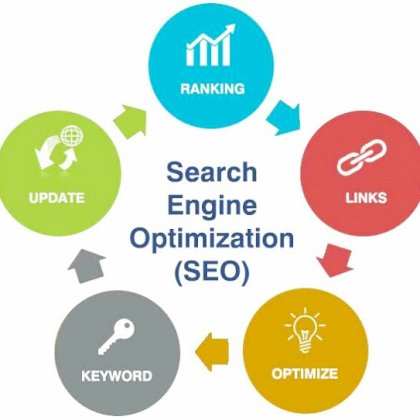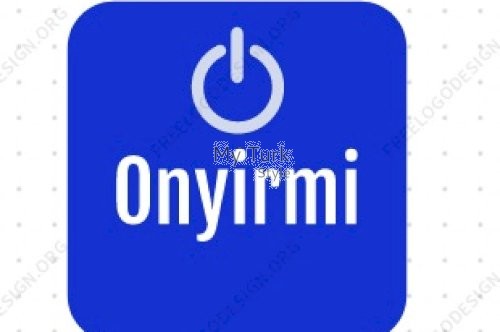The Ultimate Guide to Negative Keyword Generation for Effective PPC Campaigns

The Ultimate Guide to Negative Keyword Generation for Effective PPC Campaigns
Introduction
In today's highly competitive digital landscape, Pay-Per-Click (PPC) advertising has become an essential tool for businesses to drive targeted traffic to their websites. However, without proper optimization, PPC campaigns can quickly become costly and ineffective. One crucial aspect of optimizing PPC campaigns is the strategic use of negative keywords. In this comprehensive guide, we will explore the concept of negative keyword generation and provide you with actionable strategies to enhance the performance of your PPC campaigns.
Understanding Negative Keywords
Negative keywords are specific terms or phrases that you exclude from triggering your ads. By adding negative keywords to your PPC campaigns, you can prevent your ads from appearing in irrelevant search queries. This helps you focus your budget and resources on reaching the most relevant audience, ultimately improving your campaign's click-through rate (CTR) and conversion rate.
The Importance of Negative Keyword Generation
Effective negative keyword generation is vital for several reasons:
-
Cost Optimization: By excluding irrelevant search queries, you can reduce wasted ad spend on clicks that are unlikely to convert into valuable leads or customers.
-
Improved Ad Relevance: Negative keywords ensure that your ads are shown to users who are genuinely interested in your products or services, increasing the likelihood of engagement and conversions.
-
Enhanced Quality Score: Google Ads assigns a Quality Score to each keyword in your campaign, which impacts your ad rank and cost-per-click (CPC). By using negative keywords, you can improve your Quality Score by increasing the relevance of your ads to the target audience.
Strategies for Effective Negative Keyword Generation
Now that we understand the importance of negative keywords, let's explore some strategies to generate them effectively:
1. Analyze Search Terms Report
The Search Terms Report in your PPC platform provides valuable insights into the actual search queries that triggered your ads. By analyzing this report regularly, you can identify irrelevant or low-performing keywords and add them as negative keywords to your campaign.
2. Leverage Keyword Research Tools
Utilize keyword research tools like Google Keyword Planner, SEMrush, or Ahrefs to identify potential negative keywords. These tools allow you to explore related search terms and identify any irrelevant or unrelated keywords that you should exclude from your campaign.
3. Competitor Analysis
Conducting competitor analysis can provide valuable insights into the negative keywords they may be targeting. Analyze their ad copies and landing pages to identify any keywords that are irrelevant to your business but may be triggering their ads. By adding these keywords as negatives, you can prevent your ads from competing in irrelevant searches.
4. Utilize Broad Match Modifier
When using broad match keywords, consider utilizing the broad match modifier. By adding a "+" symbol before specific keywords within your broad match keyword, you can ensure that your ads are triggered only when those keywords are present in the search query. This helps you filter out irrelevant variations and improve ad relevance.
5. Refine Your Match Types
Review your match types (broad match, phrase match, exact match) and identify any keywords that are generating irrelevant traffic. By adjusting your match types or adding negative keywords, you can further refine your targeting and improve campaign performance.
Conclusion
Negative keyword generation is a critical aspect of optimizing PPC campaigns. By strategically excluding irrelevant search queries, you can improve ad relevance, reduce costs, and increase the overall effectiveness of your campaigns. Implement the strategies outlined in this guide, regularly monitor your campaign performance, and refine your negative keyword list to ensure your ads are reaching the most relevant audience. Remember, continuous optimization is key to achieving long-term success in PPC advertising.
 English
English
 Turkish
Turkish 























